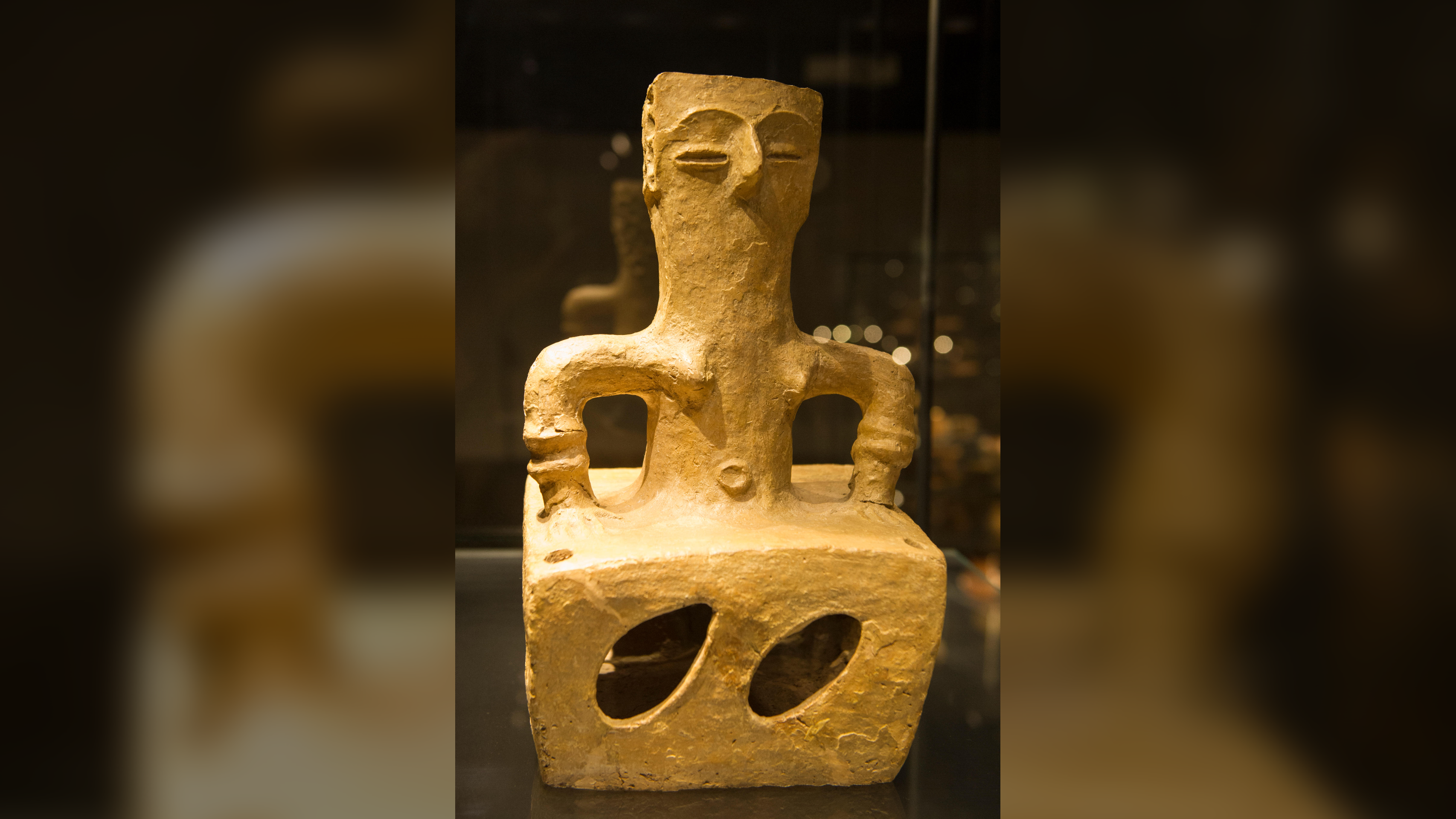What Were the Worst Subway Attacks in History?

Monday's twin suicide bombing attacks in two of Moscow's busy subway stations mark the latest in a history of deadly subway attacks around the world. The large number of people in one enclosed place can make these types of terrorist attacks particularly catastrophic. Here are some of the worst subway attacks in history: Moscow – March 29, 2010 Two female suicide bombers blew themselves up during the morning's rush-hour commute, killing at least 37 people and wounding 65 more. The explosions, which took place at the Lubyanka station in Central Moscow and the Park Kultury station, were the Russian capital's first subway terrorist attacks since the last confirmed attacks in 2004. Russian officials are blaming Monday's attack on rebels from the Caucasus region at the border of Europe and Asia. London – July 7, 2005 In what is considered London's worst terrorist attack, the city's public transportation system suffered a series of coordinated suicide attacks. That morning, three bombers detonated themselves in three of London's Underground trains, before a fourth explosion occurred on a double-decker bus in Tavistock Square an hour later. The attacks were carried out by four British Muslim men, who were motivated by their opposition to England's involvement in the Iraq War. The attacks killed 52 people and resulted in injuries to approximately 700 other victims.
Madrid – March 11, 2004 A series of coordinated attacks on Madrid's commuter train system killed 191 people and wounded 1,800. During the morning attacks, 10 explosions took place onboard four commuter trains. The Spanish Judiciary launched an official investigation and determined the attacks had been carried out by an al Qaeda-inspired terrorist cell, and in 2007, Moroccan national Jamal Zougam was found guilty of carrying out the attack.
Moscow – February 6, 2004 In one of Moscow's most serious subway attacks, a male suicide bomber killed 41 people near the Avtozavodskaya subway station in Moscow. Approximately 120 people were injured in the incident on Moscow's metro. President Vladimir Putin blamed the attack on Chechen separatists before a previously unknown Chechen terrorist group, calling itself Gazoton Murdash, claimed responsibility for the bombing.
South Korea – February 18, 2003 An arson attack on South Korea's Daegu Metropolitan Subway killed close to 200 people and injured 147. A man set fire to flammable liquid inside the Jungangno station at the tail end of morning rush hour, trapping passengers within the subway carriages. The arsonist was identified as Kim Dae-han, a 56-year-old former taxi driver who had suffered a stroke in 2001 and had since suffered from depression.
Paris – July 1995 Paris' capital rail system suffered repeated bombing attacks that killed eight people and injured over 200. The bombings were carried out by members of the Armed Islamic Group (GIA), who were attempting to broaden the Algerian Civil War into France. The worst attack occurred on July 25, 1995 at the Saint-Michel suburban railway (RER) station. Gas bottles that had been packed with explosives and nails were detonated in the station. Other explosives were also planted at the Maison Blanche metro and Musée d'Orsay RER stations.
Tokyo – March 20, 1995 Tokyo suffered an attack of domestic terrorism on the city's subway system, perpetrated by members of the Aum Shinrikyo cult. In five coordinated attacks, members of Aum Shinrikyo released sarin, a toxic nerve agent, inside subway cars on several lines of the Tokyo metro. The sarin attack killed 15 people, severely injured 50, and caused temporary vision problems for thousands more. The incident, which was the most serious attack to occur on Japanese soil since the end of World War II, was directed against trains passing through two districts that were home to the Japanese government. Azerbaijan – July 3, 1994 The metro system in Baku, the capital city of the former Soviet republic of Azerbaijan, suffered an attack that killed 13 and injured 42 people. Authorities accused northern separatist groups and Armenian special services of conducting the attack.
- Fight, Fight, Fight: The History of Human Aggression
- 10 Events That Changed History
- How Weather Changed History
Get the world’s most fascinating discoveries delivered straight to your inbox.

Denise Chow was the assistant managing editor at Live Science before moving to NBC News as a science reporter, where she focuses on general science and climate change. Before joining the Live Science team in 2013, she spent two years as a staff writer for Space.com, writing about rocket launches and covering NASA's final three space shuttle missions. A Canadian transplant, Denise has a bachelor's degree from the University of Toronto, and a master's degree in journalism from New York University.
 Live Science Plus
Live Science Plus





